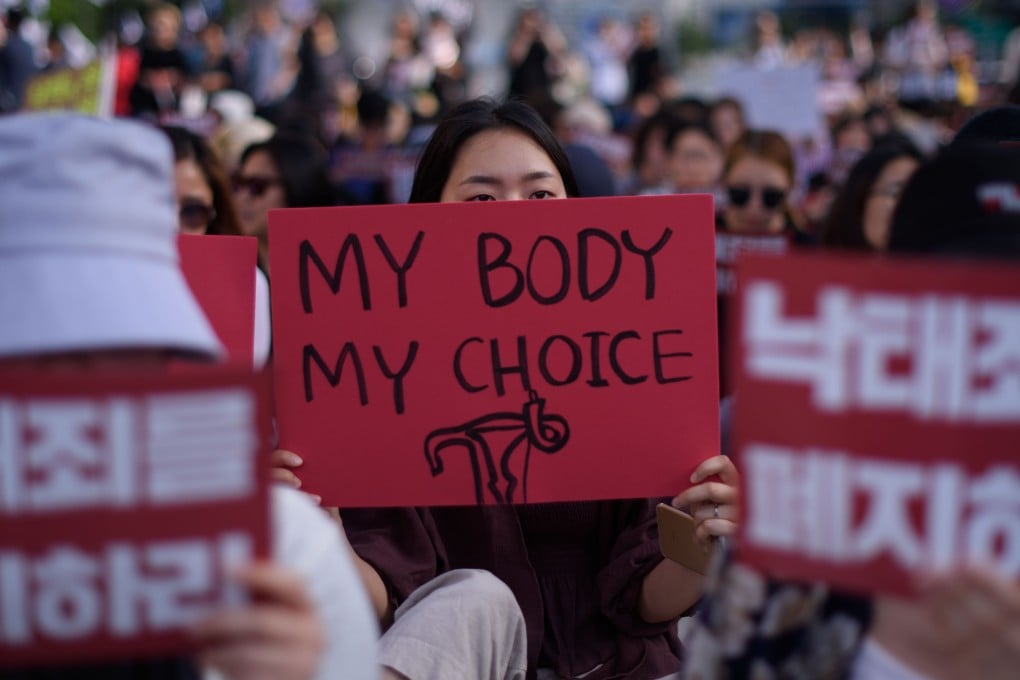Advertisement
South Korean women hope for law change as constitutional court weighs in on abortion ban
- South Korea remains one of the few developed economies that still bans abortions except in cases of rape, incest or when the mother’s health is in danger
Reading Time:3 minutes
Why you can trust SCMP

More than 25 years after the first of her three abortions – which are illegal in South Korea – Lim is still haunted by her sense of shame.
She was 24 years old and had a boyfriend, but neither was ready to wed. And it was 1993, when sex before marriage was still very much a taboo in the conservative country.
Keeping the baby would have meant living with stigma, even if the couple married after the birth, so she chose an illegal abortion – also a taboo.
Advertisement
The country’s constitutional court is on Thursday expected to rule on the legality of the ban, which campaigners say is unfairly applied and targets mostly young, unwed women.
I didn’t dare to share it with anyone. My parents would have been very ashamed of me.
“I still remember the disgusted look on the doctor’s face – he kept on clicking his tongue and shook his head,” said Lim, who asked for her forename not to be used to protect her anonymity.
Advertisement
Advertisement
Select Voice
Choose your listening speed
Get through articles 2x faster
1.25x
250 WPM
Slow
Average
Fast
1.25x